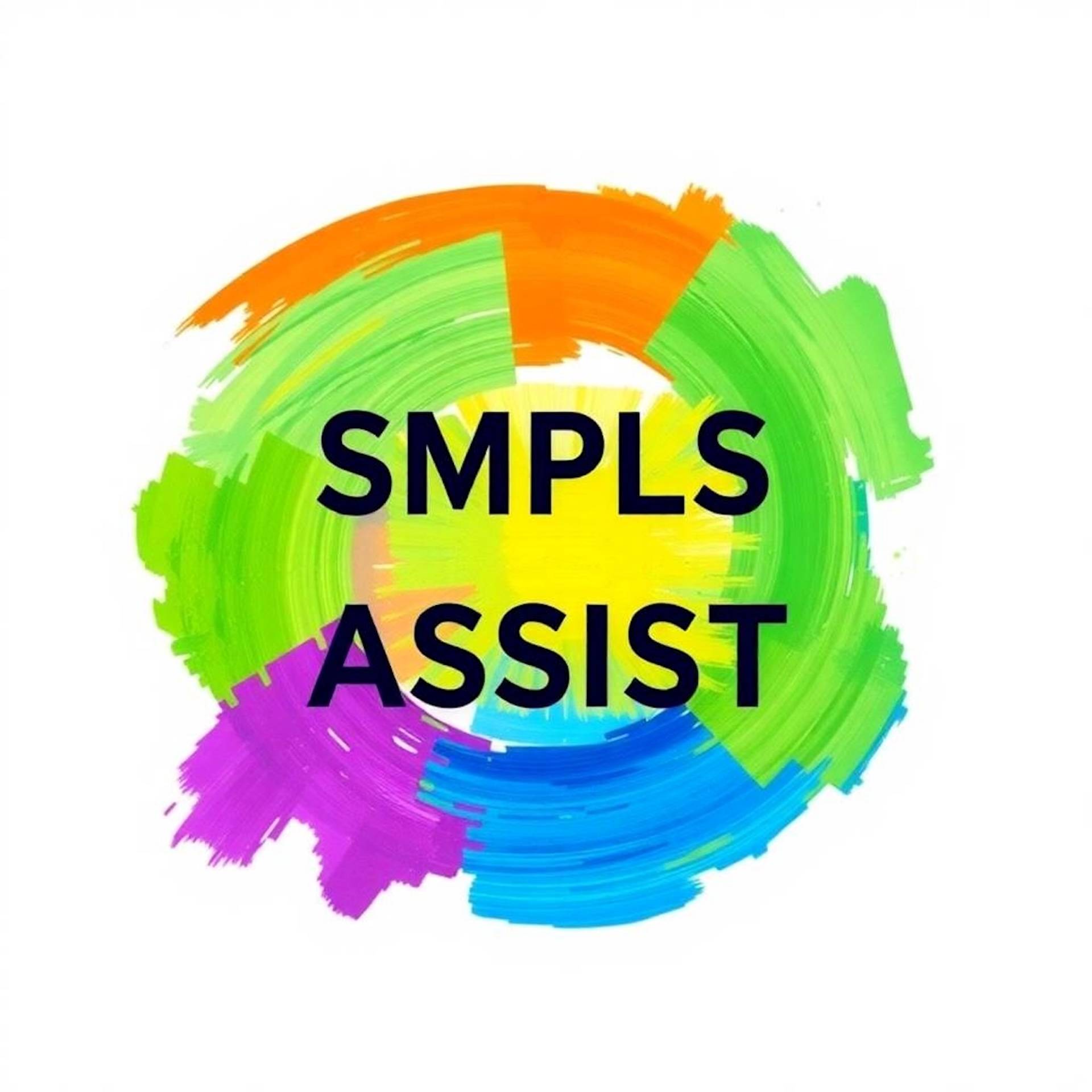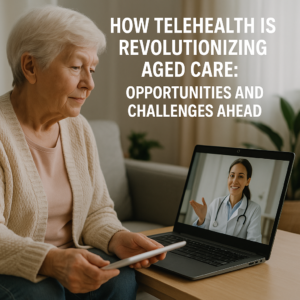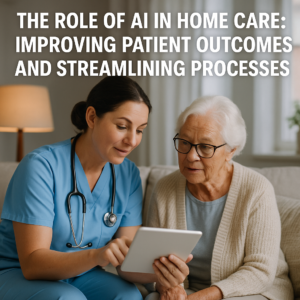A £1.6 million initiative named the Technology Empowered Dementia Independence (TEDI) Network Plus aims to connect and innovate technology in dementia care. Led by Professor Arlene Astell at Northumbria University, the initiative involves various stakeholders to improve independence for dementia patients through enhanced access to assistive technologies. Over three years, TEDI will identify service gaps, develop new solutions, and establish local technology hubs for practical support.
A groundbreaking initiative has been launched, channeling £1.6 million to innovate tech solutions aimed at enriching the lives of individuals with dementia. The Technology Empowered Dementia Independence (TEDI) Network Plus seeks to bridge the gap between existing technologies and services, fostering an enhanced support system for dementia patients. Supported by renowned institutions, this initiative is spearheaded by Professor Arlene Astell of Northumbria University, marking a pivotal step in coordinated dementia care in England and Wales.
This initiative recognizes that technology can work wonders in keeping individuals with dementia active on physical, cognitive, and social fronts. It allows for effective disease progression monitoring and helps connect those in need with relevant resources. The NENC region, known for its high dementia prevalence and socio-economic hurdles, serves as an ideal testing ground for these innovations.
With a collaborative approach involving academicians, health professionals, charities, and families, TEDI Network Plus aims to facilitate the practical application of assistive technologies designed to improve everyday living for those affected. This unique partnership strives to create accessible solutions that ensure independence and quality of life for dementia patients.
The TEDI Network Plus project will pursue three crucial objectives over three years. Firstly, it will create a comprehensive map detailing the journey of those living with dementia, identifying critical interaction points with various services. Secondly, collaborative projects will support the development of user-friendly technologies tailored for dementia patients and caregivers. Lastly, local technology hubs will be established, offering hands-on experience with assistive tools to promote independence.
Additionally, this initiative will align with other EPSRC-funded projects to explore how different technological advances can be unified in dementia care systems. Experts like Professor Taylor-Beswick and Professor Kirk will work closely with Professor Astell to bring this vision to life, navigating a path toward a connected, tech-supported future for dementia patients.
Professors and organizations involved emphasize the urgency of tackling dementia, noting its rising incidence due to increased longevity. EPSRC Executive Chair Charlotte Deane underscored the need for inclusive networks that integrate various expertise to enhance the quality of life for dementia patients. The established partnerships, especially with the Alzheimer’s Society, signal a commitment to pioneering dementia research over the decades.
The future aspirations of TEDI Network Plus also include addressing barriers that hinder the adoption of assistive technologies across the UK, creating solutions that incorporate training and system integration. By doing so, the initiative aims to lay down a structured approach for embedding technology into dementia care practices.
Though focused on North East and North Cumbria, the results of this initiative are expected to resonate nationwide, offering strategies for other regions to adopt technology-enhanced dementia support. The recent launch of a user-friendly online service by Herefordshire Council echoes this forward momentum, promoting independent living for all.
For many years, I have seen the potential of technology to improve the lives of people with dementia, but there has been a persistent gap in getting these innovations into homes and daily routines.
Professor Arlene Astell
Dementia is a major challenge in the UK and globally. As people are living longer, the number of people living with dementia is increasing.
Professor Charlotte Deane
One in three people born today will develop dementia in their lifetime. Research will beat dementia, and innovative networks like these will play an important part in helping people living with dementia today, and in the future, live independently for longer.
Professor Fiona Carragher





